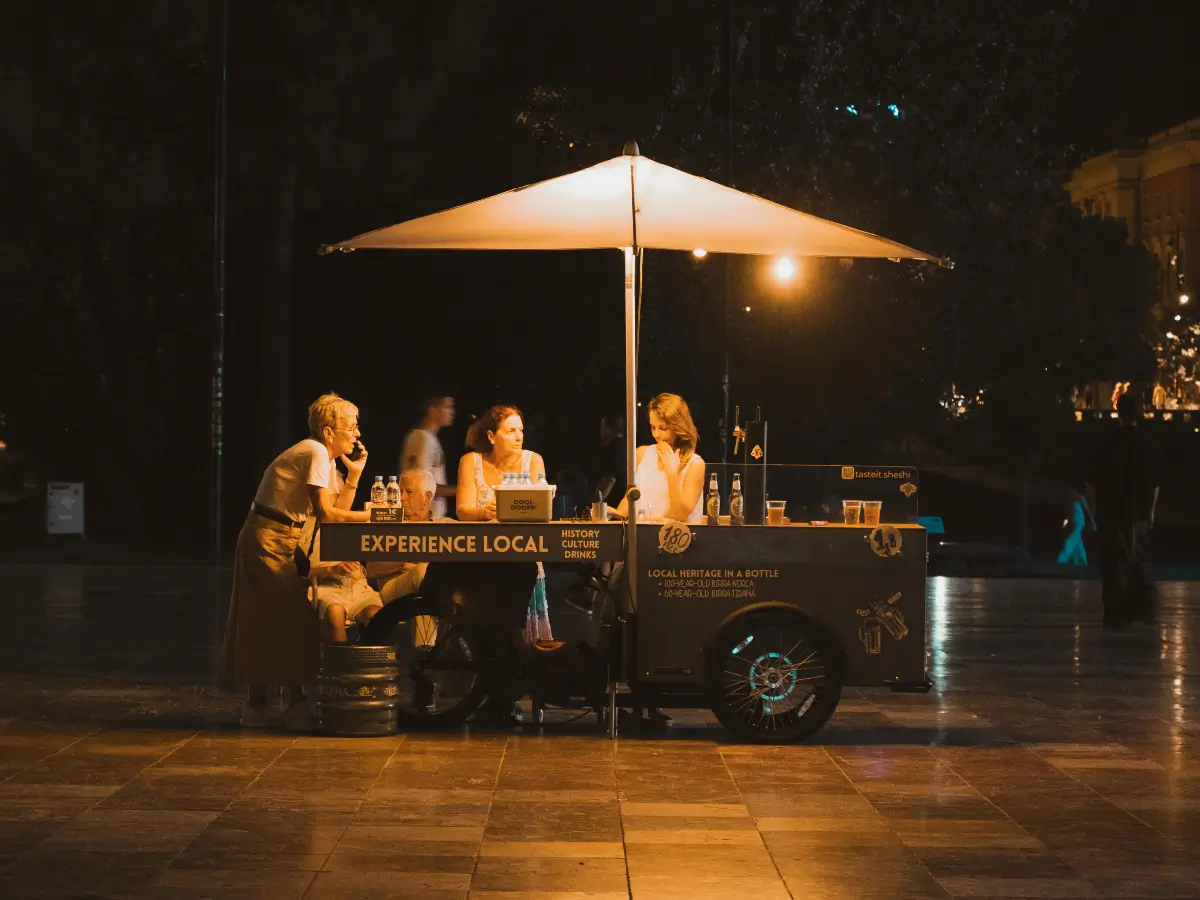Albania’s calendar is filled with more than just public holidays — it’s marked by moments of national pride, religious reflection, cultural rituals, and community connection. Each celebration carries deep meaning, shaped by the country’s long history, diverse traditions, and strong sense of identity.
Whether it’s a day of remembrance, a joyous festival, or a quiet family ritual, Albanian holidays reflect the values that hold the nation together: unity, resilience, faith, and family.

A blend of national, religious, and cultural traditions
Albania is one of the few countries where religious and national holidays are celebrated side by side with mutual respect. Muslims, Christians, and non-religious Albanians often share in each other’s celebrations, creating a spirit of unity that is felt throughout the year.
Many holidays are official days off, while others are more regional or cultural — but all play a role in shaping Albanian identity.
Key national holidays and what they mean
Below are some of the most important celebrations observed across Albania, each with its own story and atmosphere:
-
Independence Day (November 28)
The most significant national holiday, marking Albania’s declaration of independence from the Ottoman Empire in 1912. Flags are raised, parades take place, and people reflect on the meaning of freedom. -
Liberation Day (November 29)
Celebrates the end of Nazi occupation in 1944. Although it follows Independence Day, it has a more historical and political tone. -
Flag Day (also November 28)
Celebrated together with Independence Day, this day honors the Albanian flag and national hero Skanderbeg, who first raised the double-headed eagle symbol centuries earlier. -
Summer Day (March 14)
One of Albania’s oldest traditional festivals, especially strong in the city of Elbasan. It marks the coming of spring with music, sweets, flowers, and symbolic fires. -
Nevruz (March 22)
Celebrated by the Bektashi community and many others as a day of renewal and spiritual rebirth. It blends religious significance with nature-focused traditions. -
International Workers’ Day (May 1)
Recognized across the country as a day to rest, reflect, and gather with family — often in nature with picnics and barbecues. -
Religious holidays: Eid al-Fitr, Eid al-Adha, Orthodox and Catholic Christmas, and Easter
Albania celebrates both Islamic and Christian holidays, and it’s common to see families of different faiths exchanging visits, food, and greetings during these days.
How Albanians celebrate
Holidays in Albania are not commercialized in the way they are in many Western countries. They are intimate, meaningful, and often centered around the home, family, and food. Whether lighting a fire for Summer Day or preparing traditional dishes for Eid, the spirit of hospitality and togetherness defines the celebration.

Music, dancing, and shared meals are common, especially in rural areas where old customs are still preserved. It’s not unusual for entire neighborhoods to come together — sometimes without formal planning — to mark a special day.
Regional celebrations and local customs
In addition to national holidays, many villages and towns in Albania hold their own festivals tied to saints, harvests, or historic events. These can include:
-
Patron saint celebrations in Orthodox and Catholic communities
-
Local fair days where artisans and farmers sell their goods
-
Wedding season gatherings where entire villages participate
-
Traditional folk festivals showcasing costumes, songs, and dances
These regional events add color and diversity to Albania’s cultural landscape and help preserve traditions that might otherwise fade.
A reflection of national character
Albania’s holidays are more than dates on a calendar. They are moments when identity is celebrated, history is remembered, and community is felt. In a country that has faced many challenges — occupation, isolation, migration — these celebrations act as anchors. They remind people of who they are, where they come from, and what they share.
Whether you’re a visitor or someone considering life in Albania, participating in these holidays offers a glimpse into the heart of the country — where unity, tradition, and joy still matter deeply.